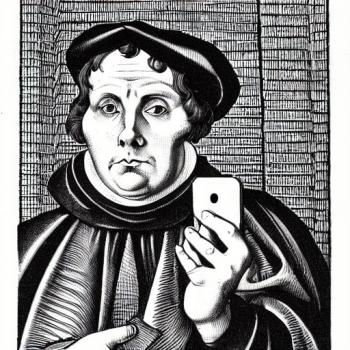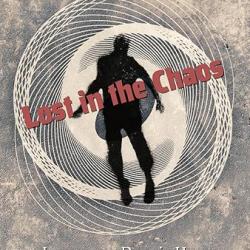One of the tenets of the “Revangelical” movement, which seeks to “renew, reform, and rethink” evangelicalism, is that churches today need to be “theologically diverse.” I wonder what that means and if it’s possible. And, according to both my experience and my convictions, I can’t see why it is desirable.I suppose being “theologically diverse” comes out of the “non-denominational” churches. To some degree, I see how this is possible. A congregation can have as its members Calvinists and Arminians. New members “accept Christ,” with the Calvinists thinking they did so because God’s grace empowered them to make that decision, with the Arminians thinking they did so out of their own free will. But those two theologies, though usually bitterly opposed to each other, are both from a similar non-sacramental tradition.
Is there room among the theologically diverse for more fundamental theological differences? Theology is not just a matter of private internal opinions–it manifests itself in practice also. Will a non-denominational or revangelical congregation baptize infants? Will it either baptize infants or not baptize them according to the theological beliefs of the parents? What if the parents’ theology includes baptismal regeneration? The non-denominational churches I’ve seen are still pretty clearly Baptistic in their theology, both in their downplaying of baptism and in their openness to different soteriologies. Also in the way they worship, their kinds of piety, and their general culture. They may think they are theologically diverse, but are they really?
Another way of being theologically diverse is in the modernist liberal ecumenical sense. That was the kind of church I grew up in, long before I lurched in the other direction and became a confessional Lutheran. In my ecumenical denomination, you could believe whatever you want–and, indeed, we had conservatives as well as liberals. But the problem was that in this great openness, the church didn’t really teach anything! I was in high school reading C. S. Lewis before I even heard about the doctrine of the Incarnation. That was never taught from the pulpit. Instead, we had moralistic messages, political exhortations, and psychological counseling. But not much theology.
Having the goal of theological diversity can only, it seems to me, mean not teaching, or at least not emphasizing theology. And that means the church loses its distinctive message.
Theology is thought to be divisive, but surely it is unifying. If you want a congregation to be unified, don’t force it to include people who can’t agree with each other. That is what we mean by disunity. In congregations that are battling over theological differences, we will have more net unity if they split apart to form two congregations in which everyone agrees theologically.
Let Lutherans be Lutherans, Calvinists be Calvinists, charismatics be charismatics, Baptists be Baptists, Catholics be Catholics. Where there is true faith in Christ, there is an underlying unity across all institutions. But I can’t see the wisdom in having a congregation without a theological confession.
Am I missing something or misunderstanding what is being called for?
















